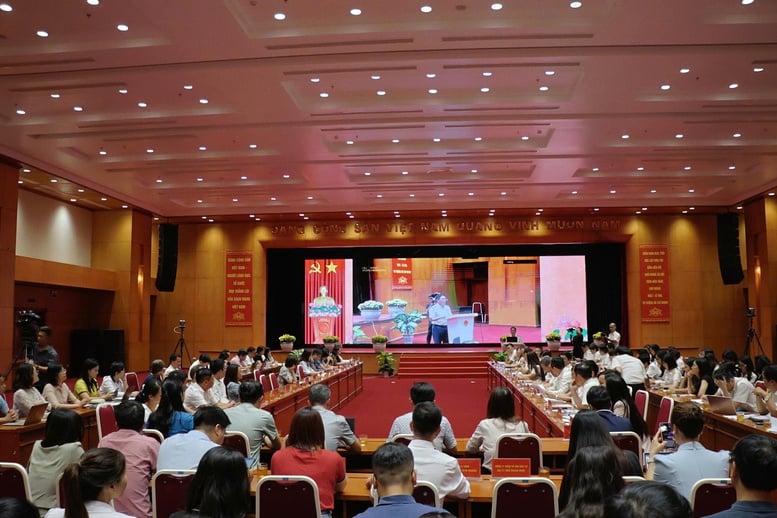
Conference to discuss solutions to support taxpayers and implement the Resolution on private economic development - Photo: VGP/HT
Tax ecosystem towards business households
On the afternoon of June 19, the Tax Department ( Ministry of Finance ) held a conference to discuss solutions to support taxpayers and implement the Resolution on private economic development.
Deputy Director of the Tax Department Mai Son affirmed: Private sector development has been specified in Resolution 68-NQ/TW of the Politburo , Resolution 198/2025/QH15 of the National Assembly and Resolution 138/NQ-CP of the Government. From there, the tax sector determines the goal of accompanying taxpayers to bring these policies into life in a synchronous, effective and practical manner.
On June 12, 2025, the Prime Minister issued Official Dispatch No. 88/CD-TTg requesting the Ministry of Finance and the Tax Authority to vigorously implement reform tasks, aiming at the goal of comprehensively innovating tax management, providing maximum support to business households, individuals and micro-enterprises. Since then, a thematic conference has been held to focus on discussing, removing difficulties and proposing substantive tax reform solutions.
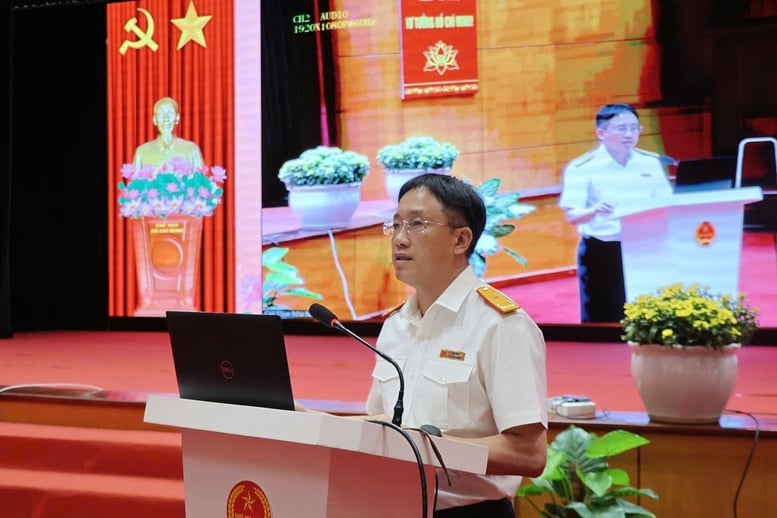
Deputy Director of the Tax Department Mai Son speaks at the Conference - Photo: VGP/HT
The focus is on promoting digital tax administration, simplifying policies, and reducing compliance costs. The tax authority is committed to working closely with associations, technology companies, and tax agents to design an ecosystem that supports taxpayers effectively and transparently.
According to Mr. Son, it is necessary to personalize solutions for each business segment to design simple, easy-to-use, and cost-effective accounting and e-invoice software. At the same time, the Tax Department encourages the expansion of free solutions such as shared accounting software, tax declaration and payment platforms, training support, and legal advice.
Based on the motto of "Taxpayers are the center", the whole industry has focused on administrative reform, promoted the application of digital technology and implemented the program "Peak month to support households and individuals doing business". A key content is to promote the use of electronic invoices connected to cash registers - a factor that is considered a breakthrough in improving transparency and convenience for taxpayers.
However, there are still many difficulties in the implementation process. In particular, access to and use of electronic invoices from cash registers of each business household is still uneven, requiring deeper coordination between tax authorities, technology enterprises, tax agents, consulting units and the press.
Also at the conference, delegates appreciated the strong participation of many units such as industry associations, technology and communication solution providers, contributing to bridging the gap to help businesses understand and comply with policies more easily.
Tax transition , business people need practical support
Ms. Nguyen Thi Thanh Hang - Head of Tax Policy Department - Tax Department (Ministry of Finance) said: According to the draft revised Law on Tax Administration, from January 1, 2026, lump-sum tax will be abolished. Business households and individuals will switch to self-declaration and self-payment and must implement accounting and invoice regimes, and comply with post-audit.
Business households are classified into four revenue groups, from less than VND200 million to over VND10 billion per year. Based on the classification, the tax authority will apply appropriate management methods, using data such as electronic transactions or business lines for post-audit.
In particular, businesses below the tax threshold that fully implement invoices and accounting will be exempt from tax and can receive support for invoice software costs for up to 12 months.
To facilitate, Ms. Hang proposed a number of legal reforms such as: raising the threshold for VAT and personal income tax exemption from the current level of VND200 million/year to double; unifying taxpayer identification according to citizen identification; removing the concept of "business household" to completely change to "individual business" in accordance with the Enterprise Law.
In addition, Circular 88 on accounting regime also needs to be revised to simplify forms and reduce procedures to save costs and time for business households.
Ms. Le Thi Duyen Hai - Deputy General Secretary of the Vietnam Tax Consulting Association said: The implementation of invoices from cash registers still causes many concerns for business households because they lack complete and clear information. According to Ms. Hai, when receiving specific instructions from the tax authority, business households will be more confident and proactive in implementing...
Viettel representative said that the biggest difficulty is that business households do not have a foundation of financial and accounting knowledge, leading to dependence on outsourced personnel, increasing costs. Therefore, it is necessary to design simple, easy-to-use technology solutions to help households fulfill their tax obligations.
Currently, Viettel said that 80% of businesses can use the solution packages being provided, with the rest having their own preferential policies. However, the company recommends that the free service period should not be extended too long because it will create financial pressure for the providers.
Deputy Director Mai Son affirmed: The tax sector will also continue to comprehensively digitize the management process, supporting taxpayers to use services easily, safely and cost-effectively.
"We want to design service packages for each taxpayer segment, from small to large scale, by industry and locality, so that they are both suitable and easy to use," said Mr. Son.
At the same time, Mr. Mai Son also suggested that technology enterprises participate in assessing actual needs to provide highly customizable products, helping to improve compliance efficiency and reduce administrative burdens, especially reasonable prices.
Regarding pricing policy, software providers such as MISA, VNPT, and Viettel are committed to keeping costs low, integrating all three functions: electronic invoices, digital signatures, and accounting.
However, some problems still exist such as: procedures for issuing digital signatures are still cumbersome; guidance from tax officials is not yet consistent and business households still have difficulty verifying legality when they have not registered their business.
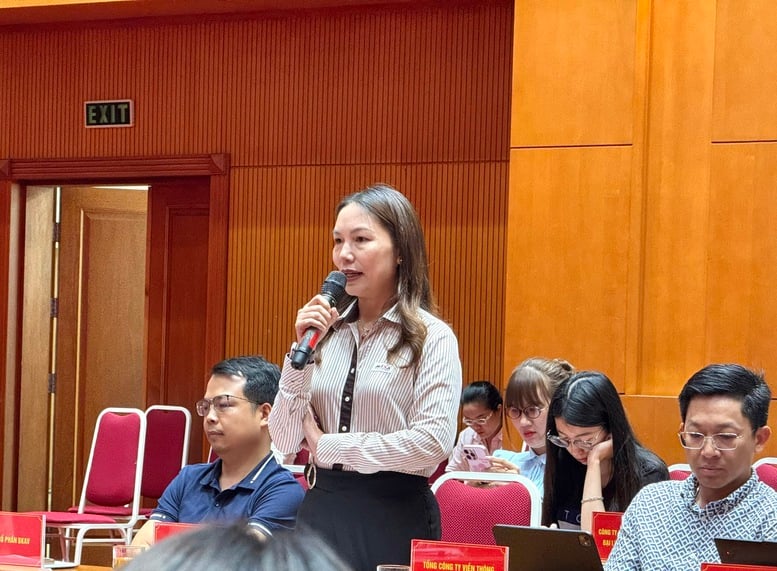
Ms. Dinh Thi Thuy - Vice Chairwoman of MISA Company's Board of Directors - Photo: VGP/HT
Emphasizing the requirement to facilitate business households, Ms. Dinh Thi Thuy - Vice Chairman of the Board of Directors of MISA Company noted: The shift from lump-sum tax to self-declaration and self-payment may require business households to create many types of books, according to Circular 88. This is a big challenge, in the direction of shared software if developed by the State, it can lead to monopoly.
Instead, MISA representative said: It is necessary to build an open data standard, allowing suppliers to integrate their own solutions so that businesses and enterprises can have diverse choices, avoid falling into a monopoly and ensure healthy competition.
Expert Dang Thi Binh An (C&A Tax Consulting Co., Ltd.) also shared many frank opinions. According to Ms. Dang Thi Binh An, the revenue threshold of 200 million VND/year to be exempt from value added tax and personal income tax is too low.
"In countries in the region, this threshold is commonly VND800 million/year. If Vietnam does not adjust, small businesses will face difficulties," said Ms. Dang Thi Binh An. At the same time, Ms. An proposed classifying businesses according to revenue to apply appropriate tax rates, instead of a uniform mechanism as at present.
Another issue that Ms. An emphasized was the inventory of goods that small businesses had when they closed or stopped doing business. According to Ms. Dang Thi Binh An, there should be guidelines for classifying goods so that businesses know how to handle them. Domestic goods with clear origins should be allowed to continue selling; goods of unknown origin should have specific handling measures.
The representative of the Tax Industry affirmed that they will fully absorb the recommendations, from which they will study and report to competent authorities to continue perfecting the tax management model, accompanying taxpayers in essence, especially the business households and small enterprises on the path of digital transformation and sustainable development.
Huy Thang
Source: https://baochinhphu.vn/nganh-thue-day-manh-cai-cach-phoi-hop-kien-tao-moi-truong-minh-bach-cho-ho-kinh-doanh-102250619205838306.htm






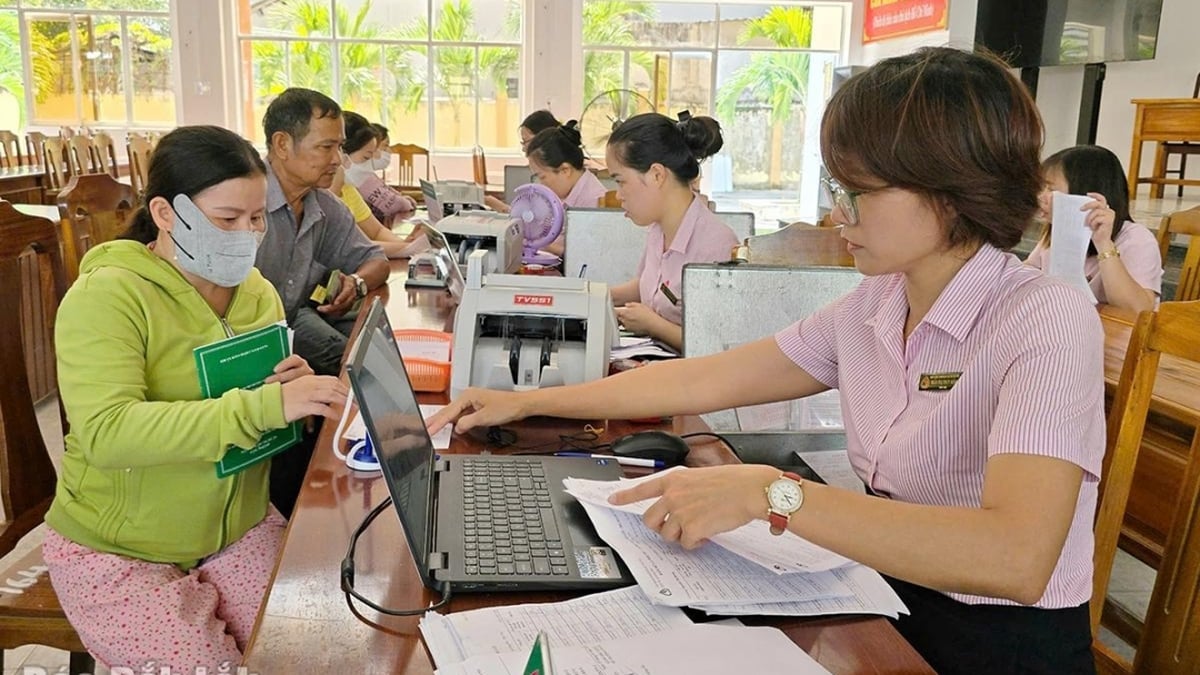

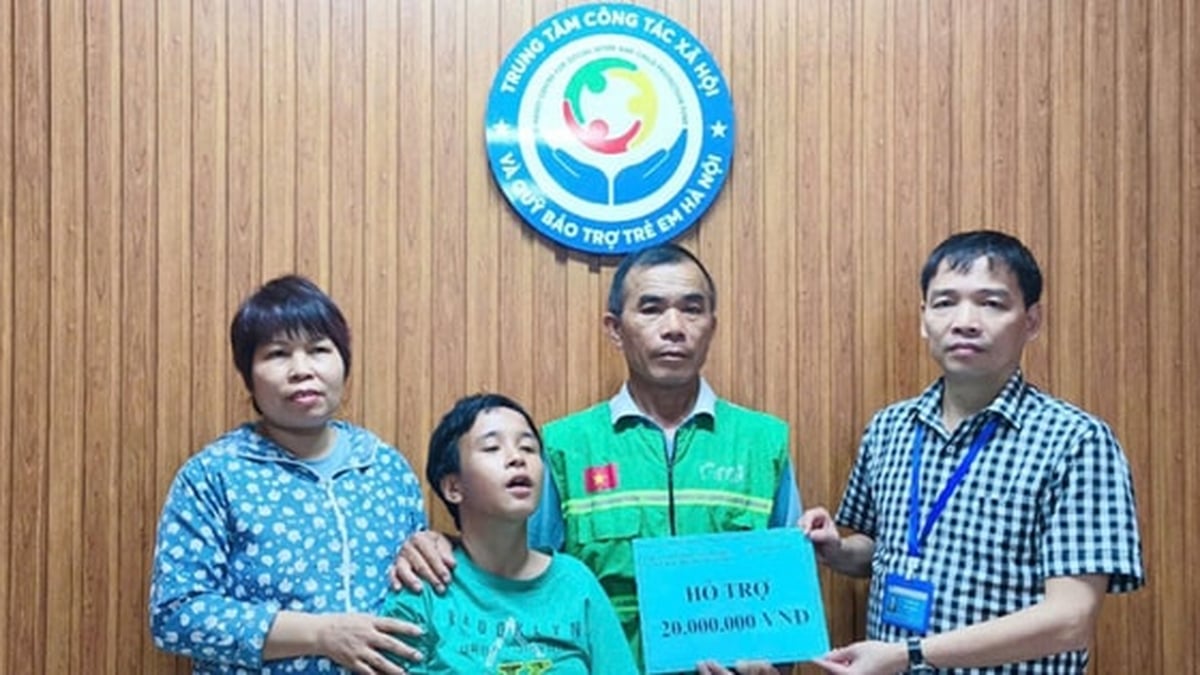

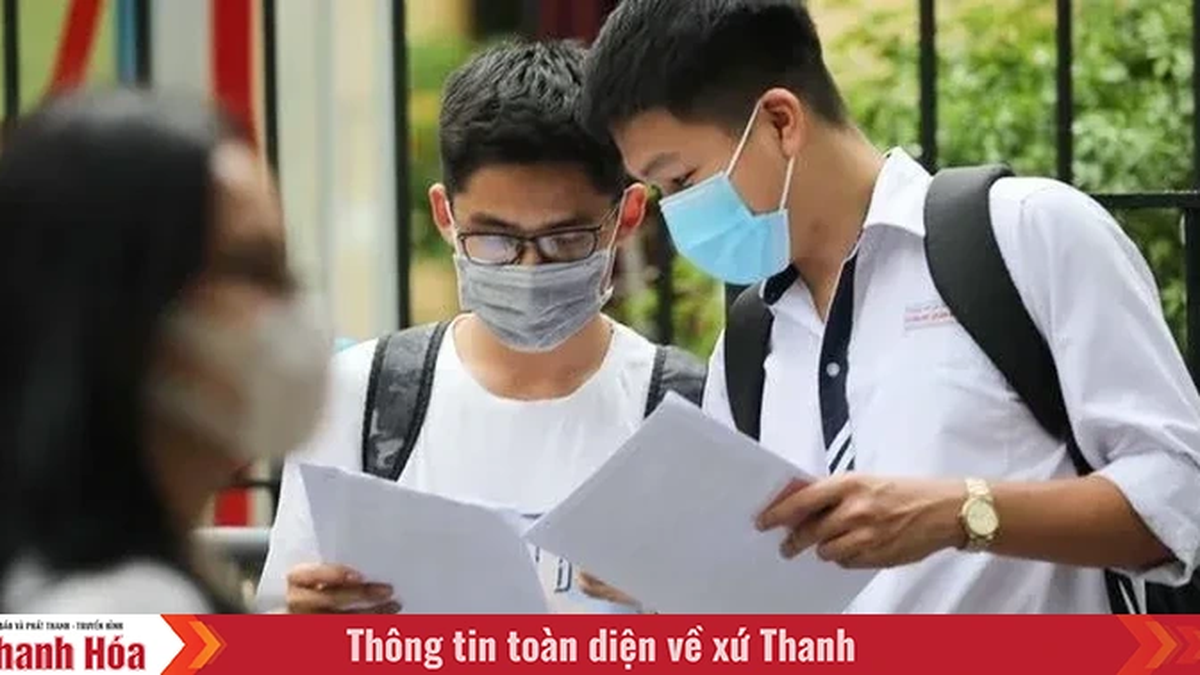
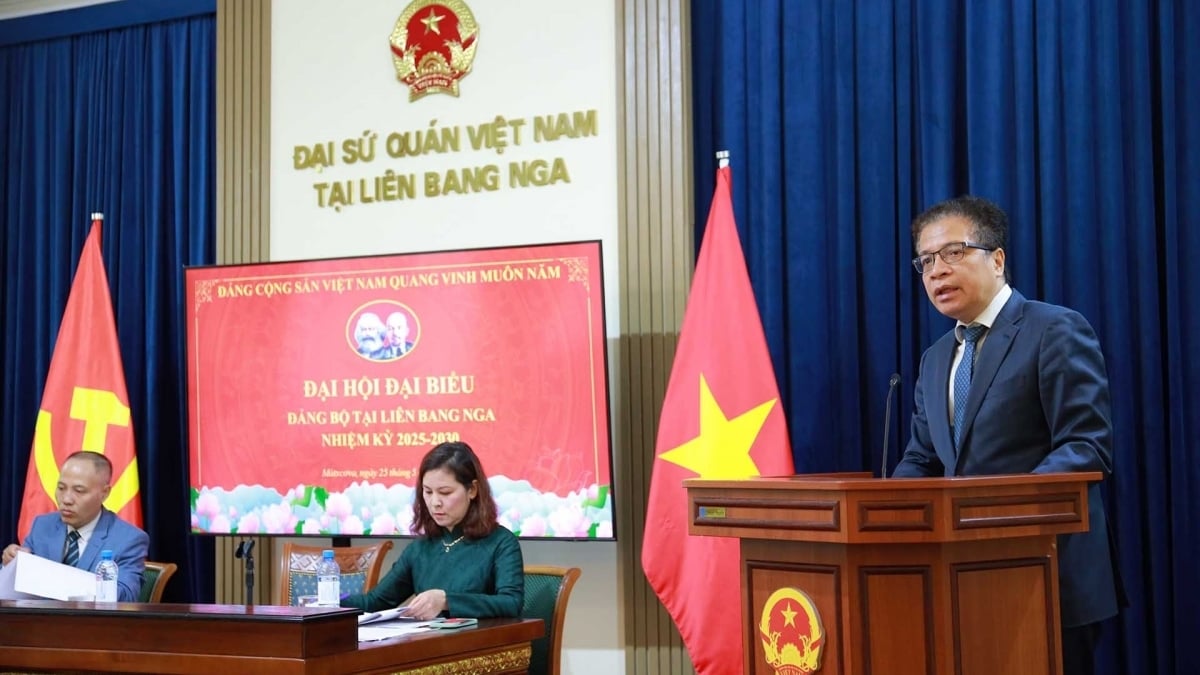










































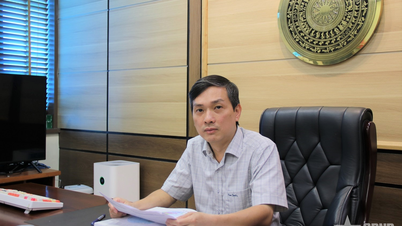










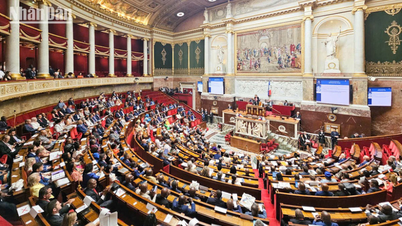




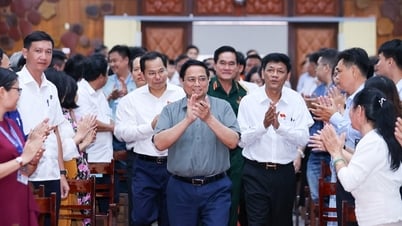
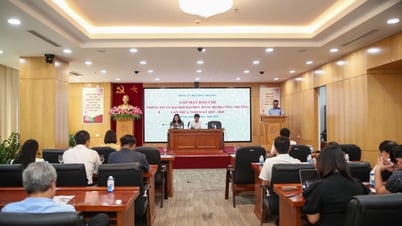


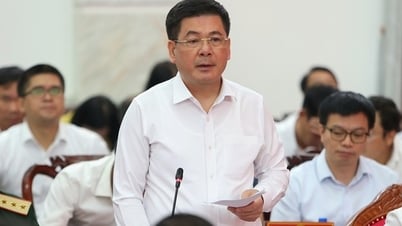

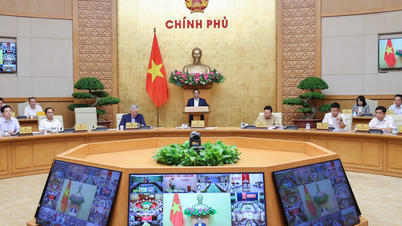

























Comment (0)